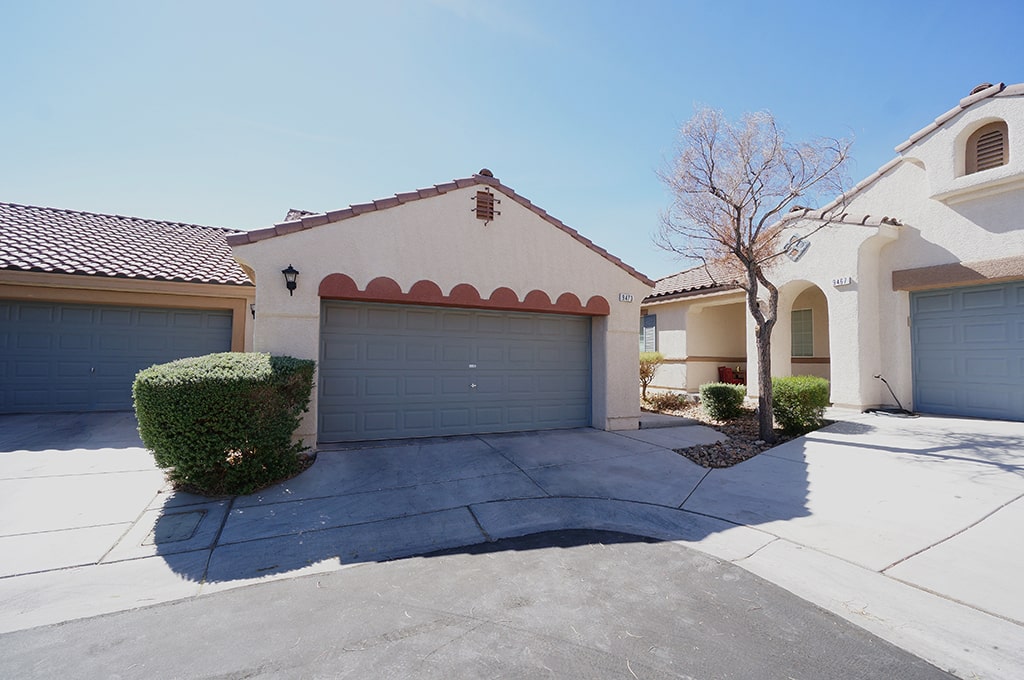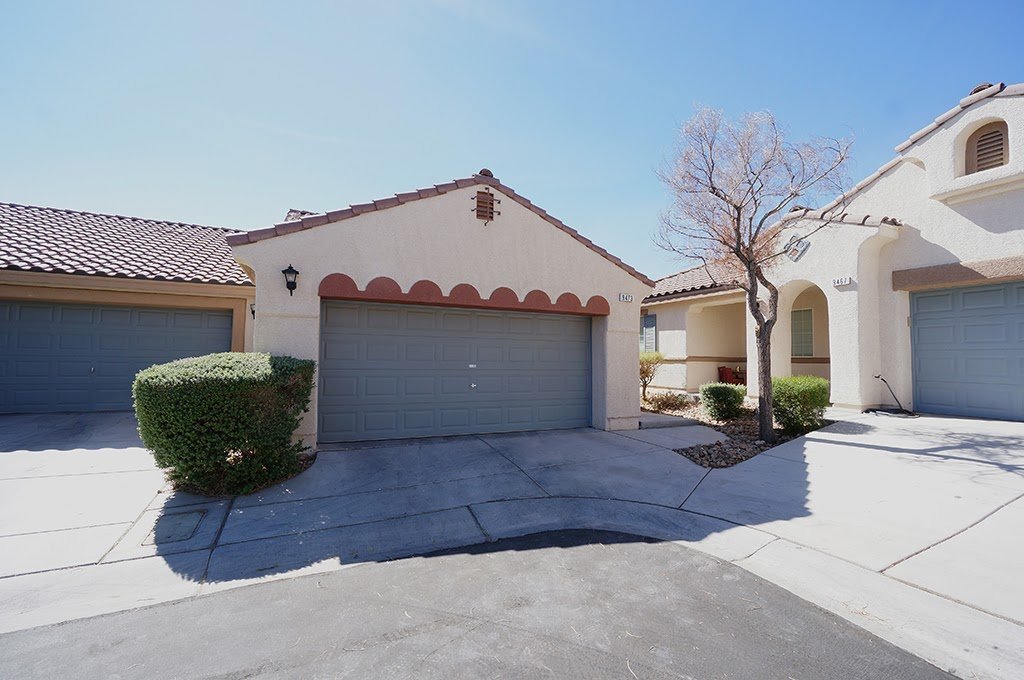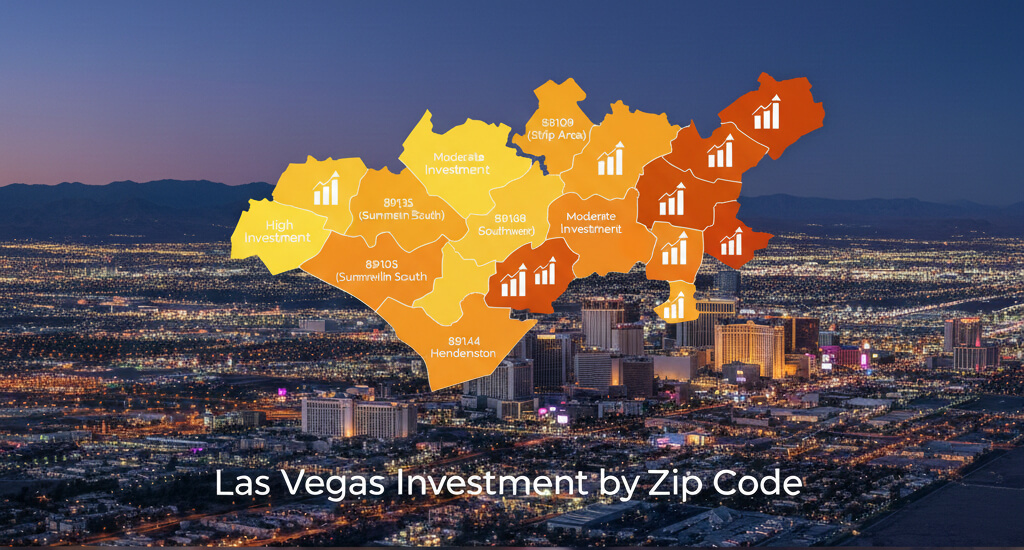
Success in real estate does not require securing “great deals.” It requires great fundamentals: location, a reliable tenant segment, and properties that attract those tenants.
Let me share my own experience.
In 2016, my partner and I bought a 3-bedroom, 2-bathroom, one-story townhome. We paid the asking price of $180k, which was then the fair market value. The projected initial cash flow was ~$50/Mo, something our clients would not consider then. However, we believed in the potential of the Las Vegas market, so we did not mind the minimum beginning cash flow.
Four years later, the property was cash flowing more than $450/Mo., and the value increased to $285k. We refinanced the townhome, took $60k out, and used the cash to put down on another townhome for $265k. Again, we paid the market value for the second townhome, and the initial cash flow for the second townhome was ~$50/Mo.
Today, the value of the first townhome is $380k, and the second townhome is $350k. The total cash we invested in these two properties was $45k for 25% down on the first townhome, $10k for renovating the first townhome, and $15k for renovating the second townhome, which equals $70k. The combined cash flow for these two properties is $1000/Mo. The combined equity is over $360k, which is not bad for $70k.
If you invest in a good location, all but the most serious mistakes will be corrected through property appreciation and rent increases. I define a good location as one where rents increase significantly faster than inflation. If you invest in any location where rents do not outpace inflation, your only option is to sell the property and repurchase in a good location.
Suppose you invest in a location where rents are static or rise slowly (as is the case in most cities). For this example, I will assume rents increase by 2%/yr and inflation is 5%/yr. Below are the rent and purchasing power in years five, ten, and fifteen. I will assume a starting rent of $1,000/Mo.
- Today: Rent: $1,000. Purchasing power: $1,000
- Year 5: Rent: $1,000 x (1 + 2%)^5 ≈ $1,104. Purchasing power: $1,000 x (1 + 2%)^5 / (1 + 5%)^5 ≈ $865.
- Year 10: Rent: $1,000 x (1 + 2%)^10 ≈ $1,219. Purchasing power: $1,000 x (1 + 2%)^10 / (1 + 5%)^10 ≈ $748
- Year 15: $1,000 x (1 + 2%)^15 ≈ $1,346. Purchasing power: $1,000 x (1 + 2%)^15 / (1 + 5%)^15 ≈ $647
So, even though the rent increases yearly, the amount of goods and services you can buy is decreasing because it is not rising faster than inflation. It does not matter if you bought the property for a “great deal”; after inflation, your monthly cash flow decreases each year, and so does your equity.
Suppose you invest in a location where rents increase 8%/Yr and inflation is 5%/Yr. Below is the rent and purchasing power in years five, ten, and fifteen, in today’s dollars. I will assume a starting rent of $1,000/Mo.
- Today: Rent: $1,000. Purchasing power: $1,000
- Year 5: Rent: $1,000 x (1 + 8%)^5 ≈ $1,469. Purchasing power: $1,000 x (1 + 8%)^5 / (1 + 5%)^5 ≈ $1,151.
- Year 10: Rent: $1,000 x (1 + 8%)^10 ≈ $2,159. Purchasing power: $1,000 x (1 + 8%)^10 / (1 + 5%)^10 ≈ $1,325.
- Year 15: $1,000 x (1 + 8%)^15 ≈ $3,172. Purchasing power: $1,000 x (1 + 8%)^15 / (1 + 5%)^15 ≈ $1,526.
So, even if you overpaid for a property in a location where rents increase faster than inflation, it is only a matter of time before your investment performs well and will continue to improve.
If you buy in a location where rents rise slower than inflation, no matter how good the deal is, your purchasing power and the amount of goods and services you can buy will continuously decline.
Bottom Line
How good a deal you get is far less important than buying in a location where rents increase faster than inflation. You will likely own the property for the rest of your life, so how the property performs over the hold period is far more important than the initial purchase.






